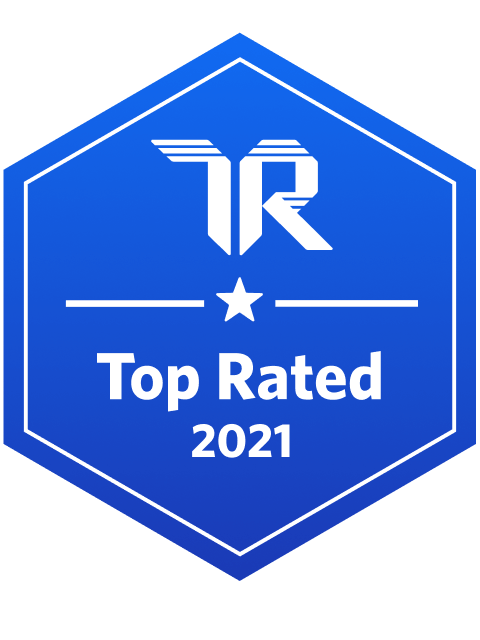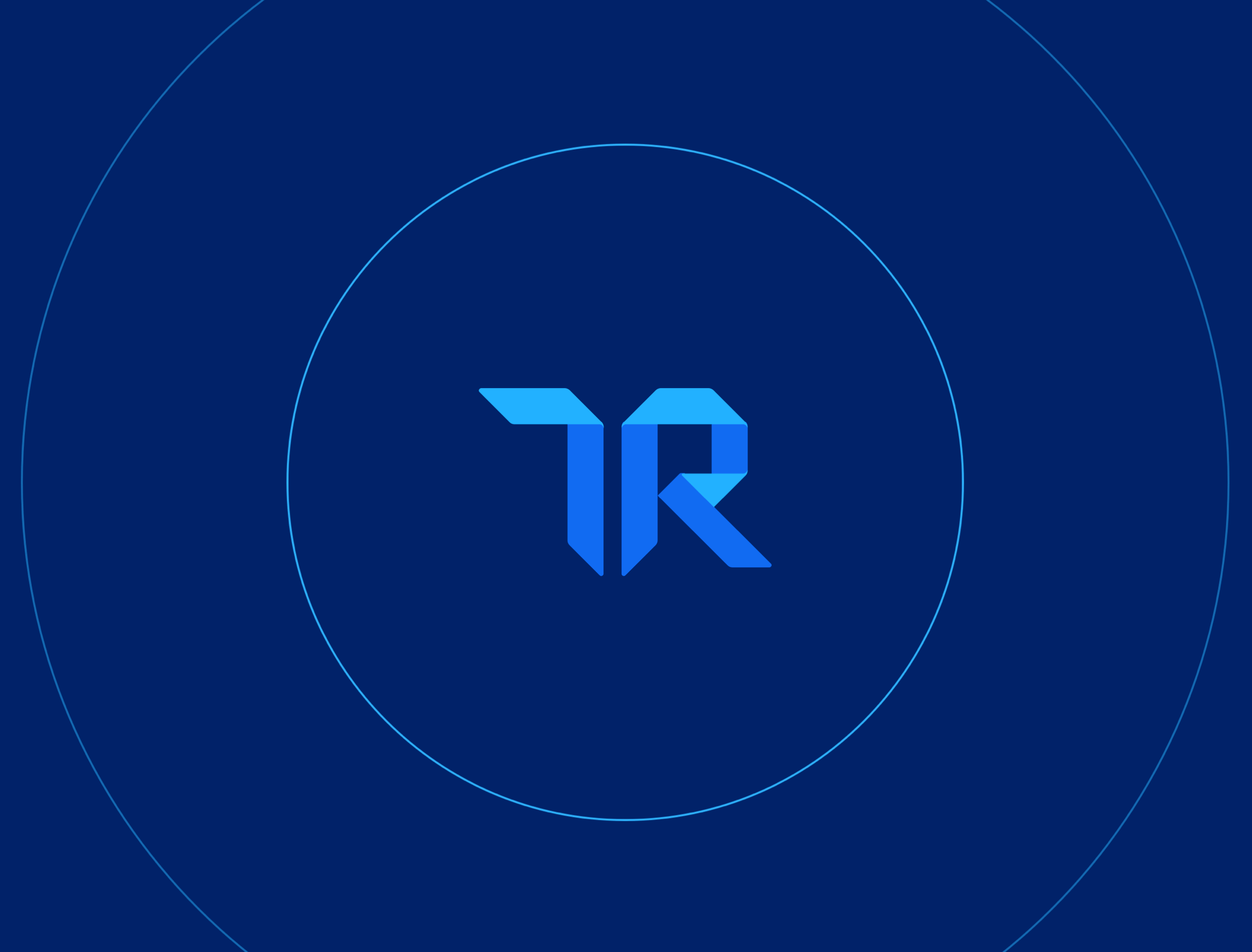eDiscovery Software Pricing 2022
If you need to investigate or research something, you need great software. Law firms primarily use eDiscovery software to organize electronically stored information (ESI) so they can sort through the evidence.
These tools are not limited to law firms. Government agencies and corporations have motivators for needing software to conduct internal investigations. eDiscovery software doesn’t need to be reserved for an investigation per se, but multimedia research and storage of important documents.
This article provides a list of some of the most popular eDiscovery service providers and offers recommendations on which ones might be right for you. Choosing the best eDiscovery software could be the difference between winning a case, properly investigating embezzlement, or keeping a special research secret.
What is eDiscovery Software
eDiscovery software is a document review software. The software allows you to upload documents and then search for important dates, names, subjects, and other metadata classification fields.
The software is extremely search-dependent. The ability to search for specific information fast and accurately is crucial. Organizing the information in the database is very important for when you need to go back to something you already searched and classified.
Functions that allow those search capabilities include filtering, tagging, culling, and OCR recognition. Ocular character recognition is a pretty important part of an ediscovery search because it can recognize the metadata you want within images and PDFs. These types of tools accelerate research for court cases, projects, investigations, and more.
Popular eDiscovery Software
Most of the software on this list will be in-house, over on-premises software. In the early days, most electronic discovery solutions were stored on-premises on office computers. Now more are in-house, on a cloud platform offering storage and hosting, and protection of your data. For more explanation, you can visit our article on What is eDiscovery? Below are popular cloud-based eDiscovery solutions.
Several of the software on the list claim to have transparent pricing but will not offer pricing without a quote. What they are referring to is what they charge for will be very clear. This could be we only charge per matter/case, or it’s a subscription, or all features are free and you pay a flat rate.
H3 5 Fantastic eDiscovery Software Choices
| eDiscovery Software | TrustRadius trScore | Cost | Defining Feature |
| Logikcull >> | 9.3/10  | Free Trial $0, Pay-as-you-go $395 per month/per matter, Volume Discounts subscription plan–must contact sales. | You can start free with 10GB of uploads and access to premium features. |
| DISCO eDiscovery >> | 8.8/10  | Flat rate per matter, or subscription, requires form. | No extra charges per service, unlimited licenses, and just one agreed-upon flat rate per matter. |
| Nextpoint >> | 9.1/10 | Single Project per user — month to month, or All-Access unlimited projects — flexible terms, requires a quote. | Designed to provide legal teams with simple tools and structure on mobile devices. |
| Everlaw >> | 8.5/10 | Requires you to contact them for a quote. | Advanced technical support, foreign language translation, and unlimited licenses included. |
| Relativity >> | 7.9/10 | 4 plans all require a quote: RelativityOne, Relativity Trace, Relativity legal Hold, Relativity Patents. | Pay-as-you-go, subscription, and one-time pricing are available. Great support option from customer service to the blog knowledge base. |
Logikcull
Logikcull is one of TrustRadius’ Top Rated eDiscovery platforms. This software is a fantastic choice for legal teams and other types of agencies. The software is a drag and drop UI, with all the integral features you will need. One major benefit of Logikcull is you can start the software for free with premium features for up to 10GB of storage space.
Those features include data processing, hosting, in bulk redaction, near-duplicate detection, and automatic OCR PDF rendering. Some of the plan features aren’t even in the next plan, Pay-as-you-go. The free trial is meant to serve as a sampler of almost all their services. This helps you decide what plan is best for you after you use up the storage allotted.
On top of that, their pricing includes plans that are actually available without asking for a quote (not that requiring a quote makes the software automatically bad). Each plan offers has unlimited users for your team.
Logikcull also emphasizes their platform’s ability to provide fast and accurate filtering capabilities, and the $24.5k in savings they claim to have brought customers as a result. They report that they have over 1,500 active users. One of the big reasons for the speed and savings, is their 97% average cull rate.
You can sort through duplicates and unnecessary data faster, allowing you to get to more important steps sooner. This could be flagging privileged data, tagging for quality control, and securely sharing the evidence when you’re done.
One big con to Loigkcull is the limits on the great features. With the free trial you have access to everything, but the next plan, Pay-as-you-go, doesn’t have the same access. It’s also a month-to-month commitment for individual matters (cases/projects), rather than just the matter itself.
Then their subscription plan has the most features but requires a quote. There’s nothing new about a pricing model that limits features to different plans, but it’s not going to be the case for all of these solutions. From the perspective of real users, check out their reviews on TrustRadius.
DISCO eDiscovery
DISCO eDiscovery is another Top Rated software on TrustRadius. Their pricing model offers two options. One is matter-based pricing, which is priced by your needs. The other is an agreed-upon flat-rate subscription. You will have access to all features, and unlimited user licenses with either choice, which means multiple accounts can access the database.
They have all the common features you expect from eDiscovery software. OCR, data processing, and analytics. One tool that’s their core feature, however, is their artificial intelligence. DISCO AI uses machine learning, and cloud computing to provide advanced data analysis. The AI makes predictions about your data to streamline searching and filtering.
It essentially reads the documents for you and concludes whether the document is important or not. This does not mean it just becomes a delete happy machine, setting everything on fire. It shows you the predictions, such as a prediction for certain tagging, which speeds up you having to individually tag each piece of information.
DISCO has an easy-to-use product that employees can learn easily. Their security is powered by Amazon Web Services (AWS). They use AWS data centers to manage security best practices, backup data in multiple places, and encrypt your data. For more security features see their security page.
DISCO has a lot of benefits especially for large teams that need to give access to multiple users. They will provide pricing after consultation, so if you are interested in them you can go here. If you need to see more about them, we have reviews that can help you gauge if they really have what you want in an eDiscovery too.
Nextpoint
Nextpoint advertises itself as the simplest eDiscovery option. They have two pricing models, Single Project and All-Access. Single Project is a month-to-month subscription for one project for one user. The big features for this plan are unlimited storage, case preparation with presentation tools, and unlimited file sharing.
The difference with All-Access is that you can give your team access and manage those account permissions. All-Access also comes with unlimited projects and databases. All-Access would be the best choice if you have a team and are impressed with Nexpoint’s tools. Single Project would be great for users that won’t need constant access or plan to have frequent projects. This would be better for Government agencies that don’t have multiple open investigations.
One of Nextpoint’s big features is simplicity. Nextpoint has an intuitive drag and drop system, customizable organization, and multiple UIs for mobile device access. They also point out they were a pioneer in cloud security for legal ESI.
Nextpoint has flexible options for different use cases and a great UI. You will need to contact them for pricing, but if you want a better idea of the user experience there are great reviews about them on TrustRadius. For a quick look at their UI see the video below.
Everlaw
Everlaw is another product that requires you to ask for a quote. They also provide you with all their features, like DISCO. This includes unlimited licenses, foreign language translations (in case someone texted a hit in Russian), audio transcriptions, and more.
Similar to Nextpoint, they promise speed and simplicity. They love to point out they are the best option for law firms, corporations, and local and federal government agencies. They offer three separate guides of their services for each use case. Language translation also isn’t a standard feature. It will certainly be helpful to government agencies and corporations with international offices.
That kind of foresight definitely explains Everlaw’s customer base, which is an animated slideshow view on almost every page. It’s as if they really, really want you to know who their top clients are. These big names include the Office of the Attorney General for the Nebraska Department of Justice and the National Association of Attorneys General.
If you’re interested to see what their average users say about them see their reviews on our site. Those of you that want to see the product tour can watch their demo video below.
Relativity
Relativity is another well-known service that advertises some very noteworthy clients. These clients include Ford, TESLA, the United States Environmental Protection Agency (EPA), and the US Department of Justice. Their pricing model requires a conversation with sales, but you need to know if they’re worth the call. The pricing is based on different uses.
RelativityONE is their first plan. It’s a choice of pay-as-you-go or a 1-3 year subscription. Within it, there are different data tiers which means you’re priced for the volume of data you are using. Relativity Trace is the next one, with also has data volume in the cost and the 1-3 year subscription choice. This one prices differently for users, the sources of your data, and the expected time you plan on storing the data.
Relativity Legal Hold is the ability to use legal holds, and can be added to other subscriptions or used separately. It has the pay-as-you-go option of the 1-3 year commitment. Then the last plan is Relativity Patents, it doesn’t describe the pricing style it just claims to be flexible. It charges you for usage, but you can choose between being charged with a user-based or volume-based model.
Relativity certainly has some complex pricing compared to others. A stronger point for them might be the resources they offer. They have a helpful blog and community. This is not uncommon to have, but their free knowledge base is pretty extensive. They also have diverse support such as technical support, developer support, and customer support.
For more information on performance and satisfaction, see their customer reviews on our site. For a peek at the software, check out the video below. It’s a demo video for relativity to give you a look at functions and the UI.
eDiscovery Software Comparison
Which eDiscovery software is the best? It’s better to see it as, how do they compare concerning key features. All of them offer features designed for legal needs, and most of them require consultations before seeing the actual cost.
One of the strongest choices is definitely Logikcull because of the upfront pricing available and flexibility. Their customer reviews on TrustRadius are very positive, and they achieved our Top-Rated Award last year. They also have pay-as-you-go pricing per matter. They don’t, however, offer all features in their plans.
Relativity prices differently for features as well, on top of the fact their pricing isn’t transparent and you can be charged for multiple different needs. Yet, they are utilized by major organizations and have a useful knowledge base and community for learning.
DISCO, Nextpoint, and Everlaw offer more features with their plans. DISCO and Everlaw do not price differently depending on how many features you are allowed or limit user licenses. Nextpoint has some feature limits between their two plans, but those features are more applicable to whether or not you are working alone or in a team.
If you are a team looking for full access, DISCO, Everlaw, Nextpoint, and Logikcull. If you don’t need a team to have access, the options on Relativity may be better suited, along with Nextpoint’s Single Project plan. If limits on features per plan are an issue, DISCO, Everlaw, and Nextpoint might be your better pick. Your team may find it doesn’t matter what these platforms report, an actual workload with the tool will actually tell you if they’re good—then try out Logikcull.
More Resources
If you saw the software here and felt you wanted to see more options we have a comprehensive list of eDiscovery tools on our website. There you can find informative reviews to give you insight into whether they have the features you need.
If our Top Rated eDiscovery software DISCO interested you, we have included some YouTube videos to give you a better understanding of them. The first video is Logikcull’s official demo that gives a quick taste of the tool. The second video is an expert paralegal explaining their experience with DISCO, and how their search function operates.
If any of you have used some of the software in the article, please consider leaving a review to help other buyers make informed decisions.
Was this helpful?

Looking for your next eDiscovery software? Start by reading 100% authentic reviews from users just like you.
